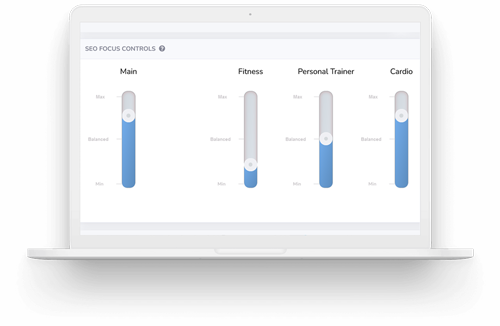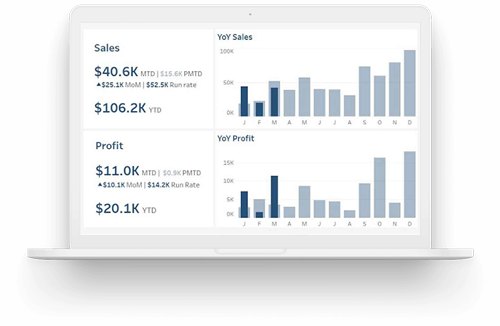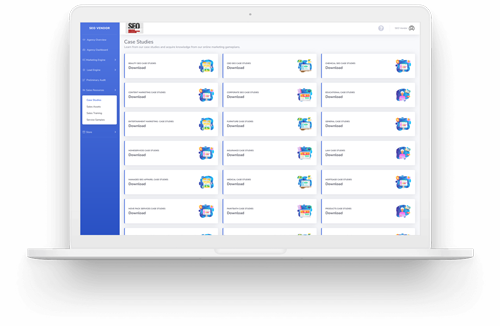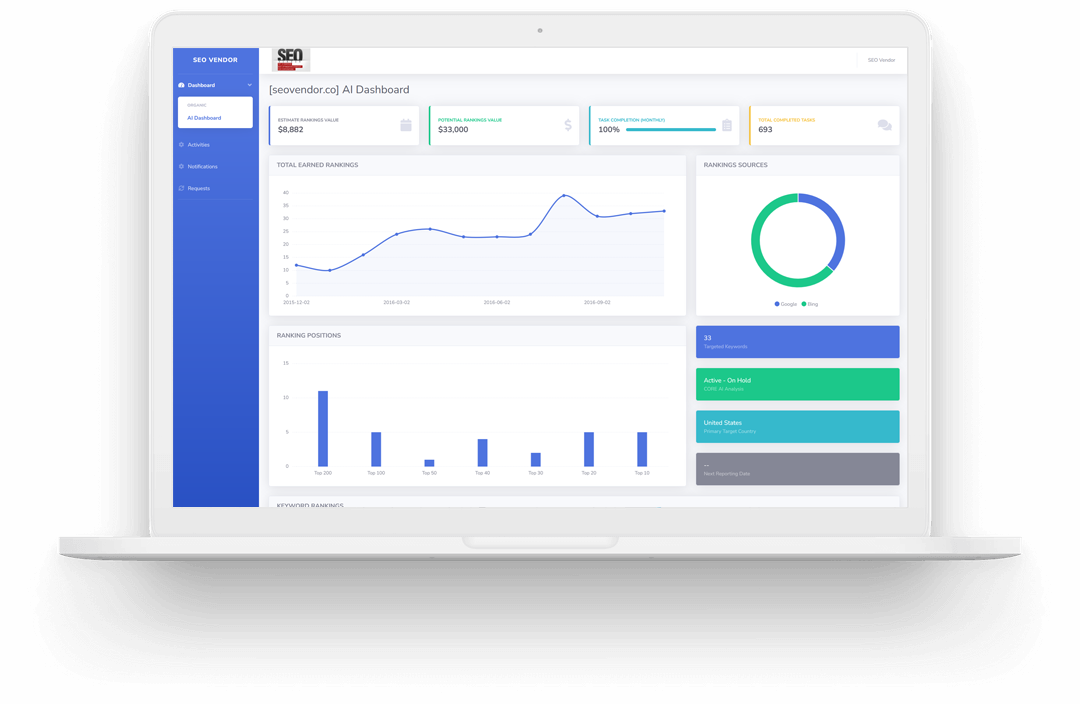
10X Better SEO Results with CORE AI

- Free Forever Marketplace Access
- Unlimited AI Dashboards
- CORE AI
- SEO GPT
- Agency Store
- Sales Resource Library
- White-label Reports
- Zero Outsource Footprint
- Manage Your Clients under your Own Brand, Sub-Brands, or Sub-Agencies.
- Preliminary Audit Reports
- Branded Audit Downloads
- 24/7 Managed Support
- Experienced Account Managers
- Seamless Onboarding
- Custom Domains
- All the benefits of Agency Startup
- Find New Leads, Websites and Niches with Marketing Engine
- Manage Your Leads with Lead Engine
- Scale Up with 100's of clients
- Pre-Onboarding Consultations
- Personalized Proposals
- Business Strategy & Planning
- Re-Brand SEO GPT to Clients
- All the benefits of Agency Plus

Real-time SEO Strategy Controls
Be in the captain’s seat. Change your White Label SEO strategy in an instant, and place focus on a location, product or specific parts of your business in real-time.

Neural Network Analytics Engine
Get super-accurate SEO rankings consistency, and adapt to competition on the fly with our advanced neural-network AI that’s capable of learning your White Label SEO campaign and establishing optimal key performance metrics.


High LTV: Turn $5K Clients into $35K Clients
You work hard to close clients. Don’t let them get away so easily. While most SEO agencies hang on to a client for less than 6 months, SEO Vendor’s trinity campaigns (SEO + Content Marketing + Social Media Management) and CORE AI technology will allow your campaigns to last an average of 33 months.







50,000+ Rankings
Don’t waste your time on campaigns that don’t work. Even if you have a working formula, come discuss with us and see why we have the lead on Long-Term Value for your clients.
Get Real Leads
Search is not what it used to be. To get leads, you need White Label SEO + Content Marketing + Social Media Management for your clients all in one low priced package.
1000+ Industries
Our AI-based Reseller campaigns bring a level of SEO beyond what is normally considered SEO. Well-tested in many industry. Want to see if we’ve worked in a particular niche? We probably have. Just ask.

$1000's in Free Agency Tools, Training, and Services
Take Advantage of Our Experience, Technology and Resources
Our decades of combined experiences, cutting-edge AI technology, and training resources have helped our partner agencies increase their closing rates by 5X.



Closing a Sale Becomes a Lot Simpler
We help you complete proposals, from simple audits to complex RFP that will get scrutinized by Fortune 500 companies. We can assist with:
Join the 1000+ Industries We’ve Worked With
See our direct clients and partners that have provided us permission to share as examples. Your clients will be kept private as a Partner Agency.


See What Our Clients Have to Say



You Have Everything to Gain. Sign Up Now!

Frequently Asked Questions
We have worked with over 7000 websites over the course of the past 20 years.
Agency Membership is FREE. Pay only for marketing services, starting as low as $19. We have different levels of White Label SEO campaigns for national SEO, local SEO, and corporate SEO. We also have website packages and PPC packages. Register for a free account and access our entire store.
We have a dedicated keyword research and analysis team. We perform all keyword and traffic studies manually with a number of tools and research techniques at our disposal, including SEMRush, Ahrefs, and our own Patent-Pending SEO Vendor tools. We can review thousands of keywords and look at as many as 12 factors for each keyword.
The approximate time to get rankings results is about 3 months, although some results might come sooner. If your keywords are very high volume or very high traffic, the results may take as long as 6 months to appear. This also depends on your content, keyword choices, and competition as well. That is why our campaigns have the most coverage of any, checking over 300+ factors to ensure you get the most improvements every month.
About 50% of our projects are Local SEO/PPC campaigns. We know local, both big cities and small towns, having worked with thousands of local projects, and gathered more than 20 years of experience with Local SEO, Local Online Marketing, and Local Business ROI Consulting.
We provide 24/7 support. Every month, we provide full details of our work, including a dashboard report and supplemental details on what we did for on-page and/or off-page. We provide account management via Phone, Email, Agency Dashboard, and our Collaboration Platform. Be assured that you will be able to reach us.
Yes, we are constantly up to date with the latest algorithm updates across all major search engines, including Google and Bing. Feel free to discuss algorithm updates with us at any time. We perform our own research on algorithm updates in search engines, making us one of the few companies that perform direct research in this area.
At the end of the month, your Agency Dashboard will show your keyword rankings in search engines. If you would like, we can also track your google analytics for you and report on the amount of traffic entering your site every month. You can download all links and submissions from your dashboard. Every deliverable is categorized by the type of links and comes with a summary overview of all links so that you see where improvements are coming from. You will also receive documentation for approval on any on-page work that we do, and site audits analysis reports.



















